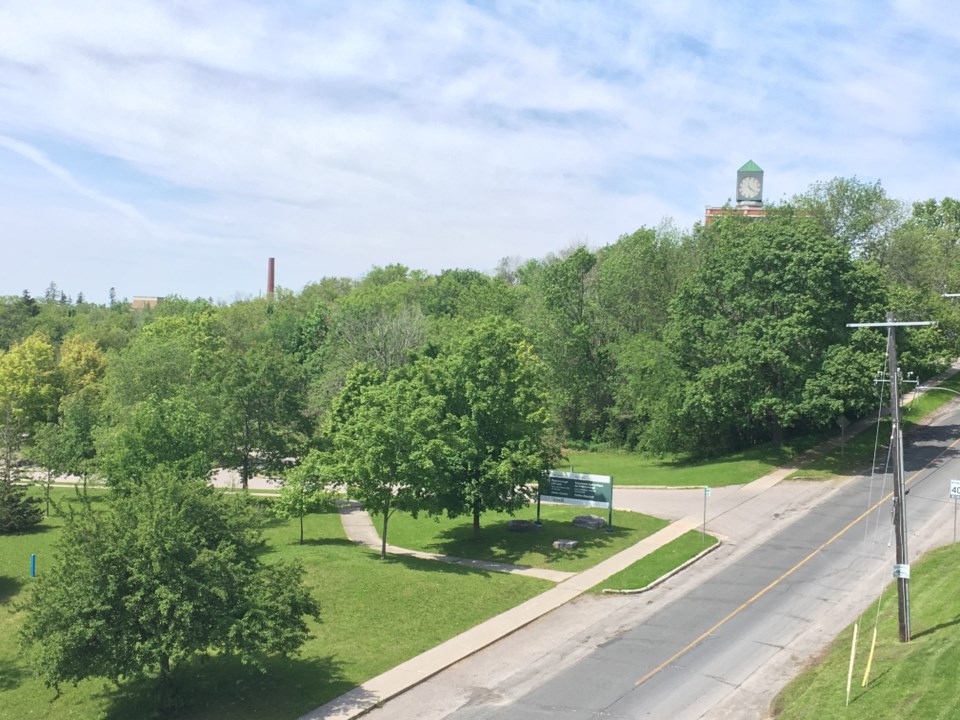A new law that promotes construction of low-income homes in Colorado fits within Longmont’s goal of getting more affordable housing in the local market, Assistant City Manager Sandi Seader said this week.
The legislation, HB21-1117, allows municipalities to require new developments to include a certain number of units that will have affordable rents. Cities now can use “inclusionary zoning” to increase low-income housing stock, according to Colorado Public Radio.
The new law makes it easier to apply Longmont’s Inclusionary Housing Ordinance, Seader said via email.
“This would allow us to move forward with our Inclusionary Housing Ordinance implementation without having to take every rental project through a voluntary alternative agreement to the (city) council for approval,” Seader recently told council members in an legislative update.
“This legislation is one that the city council supported, and will look at how to include it into upcoming revisions of the Inclusionary Housing Ordinance,” Seader said in her email.
Longmont’s Inclusionary Housing Ordinance requires 12% of units in new residential developments be affordable to low- and moderate-income buyers, according to the city’s webpage.
The city’s definition of affordable housing is defined as homes sold at a price that is affordable to households at or below 80% of the Area Median Income, or AMI, and units rented to households at or below 50% of the AMI.
Builders and developers can meet the city’s mandate in a variety of ways including through land donations or pay square-footage fees to the city’s affordable housing fund.
The new state law says that cities must provide a developer at least one other option, including allowing a builder to pay a fee rather than build more affordable housing, a Colorado Public Radio, or CPR, article states. The law, which was signed by Gov. Jared Polis last week, also doesn’t define what is “affordable,” according to CPR.
The bill also revokes the “Telluride” decision, which forbids rent control from applying to a city’s inclusionary housing ordinance, Seader said.
Housing prices in Colorado have steadily increased for several years, especially in urban and mountain communities, according to CPR. The state needs at least 100,000 more rental homes for its lowest-income renters, states CPR, which cites figures from the National Low Income Housing Coalition.
“No one claims it’s (the new law) is the solution to every problem, but it could be important for those communities facing a lot of development and growth,” CPR quoted Denver City Councilmember Robin Kniech, as telling a legislative committee.



